Wake-N-Bakery to Open First Michigan Location in Corktown
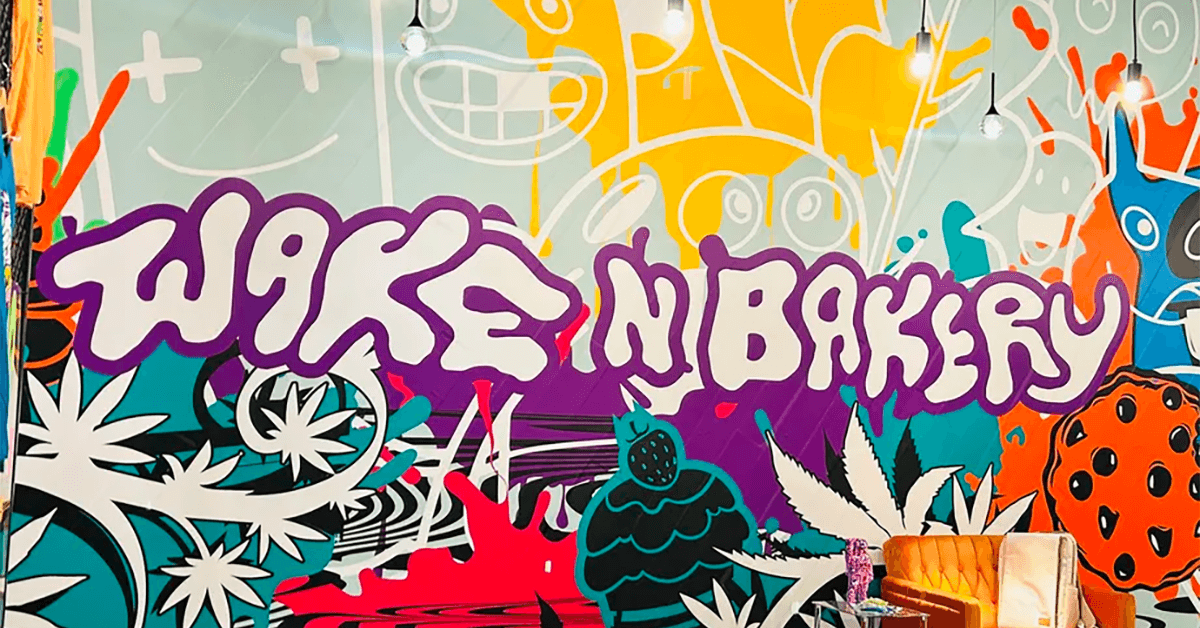
Corktown is set to welcome a new addition to its vibrant scene: a bakery and café specializing in Delta-9 THC-infused treats and beverages. Wake-N-Bakery, a Chicago-based chain known for its CBD products since its inception in 2020, is preparing to open its first Michigan location at 1441 Elizabeth Street. The grand opening is expected in the coming weeks, contingent on final approval from city authorities.
The café, housed in the space formerly occupied by Michigan & Trumbull, is undergoing its final preparations. The interior promises a lively atmosphere with bright lounge seating and cannabis-themed murals adorning the walls. Countertops are set to feature playful decorations, including Jeff Koons-inspired figurines and bite-sized candies.
Once open, customers will be able to enjoy a variety of coffee beverages and unique drinks like the Poppin' Pistachio, or the hibiscus-infused Purple Haze lemonade made with ginger, manuka honey, grenadine, and butterfly pea. For those preferring something warm, the Chitown Twist combines turmeric ginger chai, French vanilla, and steamed milk. All beverages are initially THC-free, with the option to add THC infusions ranging from a mild 10-milligram dose to a potent 100-milligram serving. The food menu will offer an array of THC-infused pastries, including brownies, rice crispy treats, cookies, and cheesecake, while a selection of THC-free muffins will also be available. Additionally, the café will stock a line of CBD treats for dogs, canned THC and CBD seltzers, pre-rolls, weed gummies, and topical skincare products.
Wake-N-Bakery was co-founded in 2020 by Brianna Banks and Mohamed Lofty. For their Corktown venture, they have partnered with Detroit-based owner-operators Adriana Plazas and Nicole Cebalt. The team has ambitious plans, including another Michigan location in Grand Rapids.
Michigan has emerged as a significant player in the cannabis industry since the legalization of recreational cannabis in late 2018, with the first sales commencing in 2019. The state now boasts the largest cannabis market in the United States by sales volume, surpassing even California and Colorado. Despite this success, Detroit officials have faced challenges in regulating where marijuana businesses can operate, leading to a concentration of dispensaries in nearby areas like Hamtramck and inner-ring suburbs such as Ferndale and River Rouge.
Consumption lounges, where patrons can use marijuana products on-site, have been legal in Michigan since the advent of recreational cannabis. However, the COVID-19 pandemic delayed the growth of these establishments due to social distancing restrictions. These lounges operate under regulations that prohibit the sale of cannabis products on-site, requiring customers to have their goods delivered from licensed dispensaries.
What distinguishes Wake-N-Bakery is its focus on Delta-9 THC, a compound naturally found in hemp. Delta-9 THC is federally legal when present at levels below 0.3% by dry weight. This characteristic allows Wake-N-Bakery to offer THC products in states with stricter cannabis laws, providing a unique advantage in the evolving market.
Michigan YouTuber Takes on 500mg Edible Golf Challenge
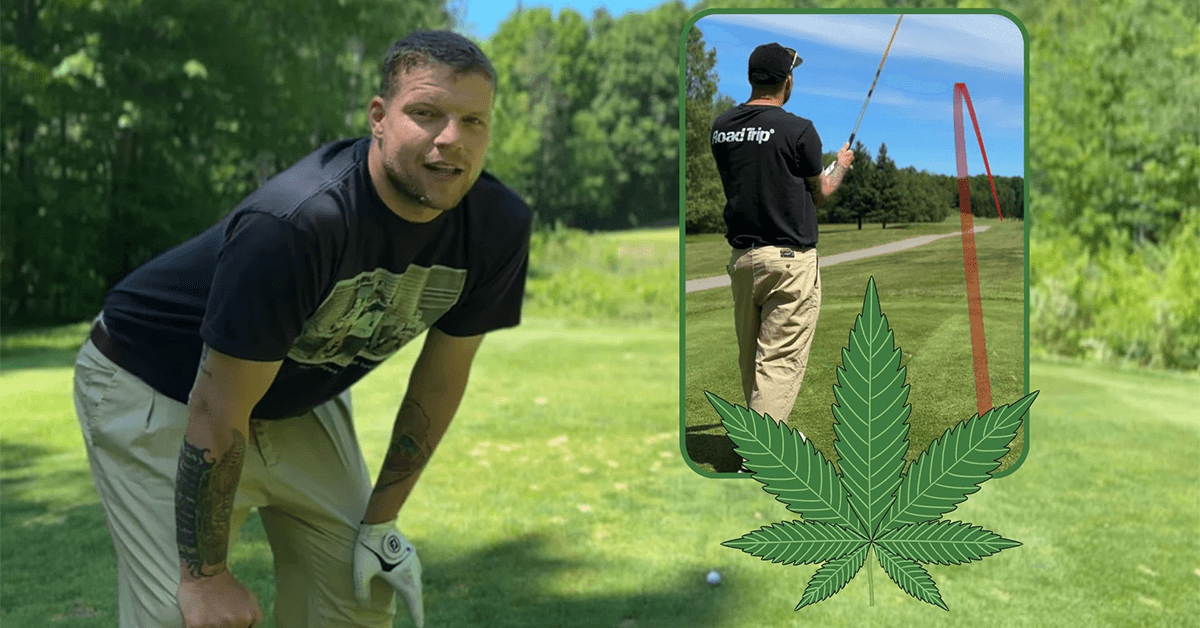
In a surprising and somewhat cautionary tale, Michigan YouTuber "Road Trip Rolls" embarked on a journey to consume 500mg of cannabis edibles and then play a full round of golf. Known for combining cannabis and golf on his channel, Road Trip Rolls is a high-tolerance cannabis user and a reasonably skilled golfer, at least from what his videos suggest. His content predominantly features him golfing under the influence.
By the time he produced his most recent video, he had already tackled challenges such as the 250mg edible challenge and the "One Bong Hit=One Mulligan" challenge. This latest endeavor, however, aimed to double his previous edible consumption to 500mg before attempting to complete a full round of golf.
Road Trip Rolls set an ambitious goal: to play a sub-90 game while under the influence of 500mg of edibles, a dosage he humorously claims could "take down a bull elephant." His previous 250mg episode ended impressively, but the 500mg challenge was poised to be his most daunting yet.
The episode begins with a visit to Lume Dispensary in Kalkaska, Michigan, where he stocks up on snacks. He then heads to Grandview Golf Club, ready to keep his score as close to 90 as possible. Before even starting his round, he consumes 200mg of edibles. By the 8th hole, he reaches the 500mg mark, already shooting +10.
The feat is astonishing. Despite the heavy dosage, Road Trip Rolls manages to remain standing and continues to play. The back nine proves more challenging, but he ultimately completes the round.
Whether he achieves his goal of a sub-90 game remains a mystery to those who haven't watched the episode, which can be viewed below.
[youtube=IvixCNIOrNM]
The Phoenix Effect in Bay City as Dispensaries Multiply Amid Closures
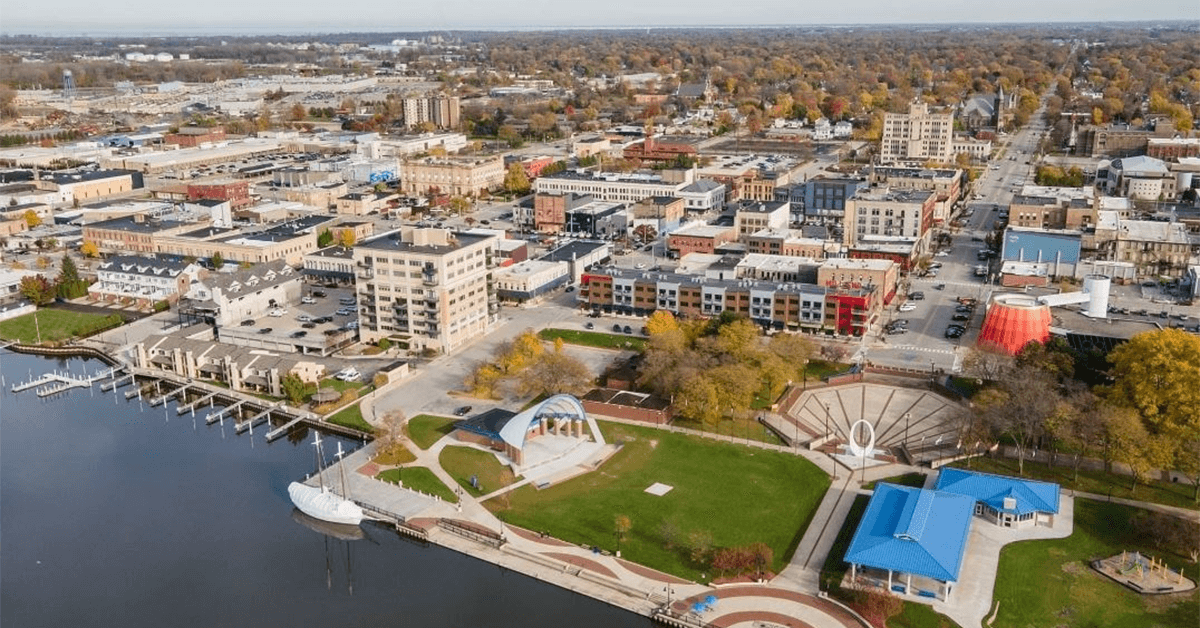
Since Michigan first legalized the sale of recreational cannabis, the landscape in Bay City has seen dramatic changes. Initially, local authorities anticipated that a modest number of dispensaries—just five—would suffice to meet the needs of consumers. However, nearly seven years on, the cap has escalated drastically to 50, reflecting the unanticipated growth in demand.
Despite this increase, the market dynamics have begun to settle. An influx of dispensaries across the state has led to a drop in cannabis prices, and subsequently, tighter profit margins. Currently, 17 out of the 50 dispensary licenses in Bay City have been issued, but no new applicants are emerging.
Terry Moultane, the city's planning and zoning manager, observed that the market is beginning to stabilize. "Even 50 was an unrealistic number for a population of this size," Moultane commented, noting that prime real estate for new dispensaries has become scarce, influencing where businesses can establish themselves.
In response to these market pressures, local business owners like Lyndia Matthews of Native Son Detroit have had to pivot their strategies. Matthews found that despite using Weedmaps—a popular online directory for cannabis dispensaries—to attract customers, the return on investment was insufficient. This led her to shift towards more direct forms of marketing such as digital advertising, local online promotions, and mail campaigns. "I want my money to work a little harder for me than what Weedmaps was doing," she explained.
The fluctuating market has seen many dispensaries open and close quickly, as not all are prepared for the slow pace of profit-making in this industry. "They're still coming into Bay City, but if you're not managing your business the way you need to, then yeah, you're going to be out of business," Matthews stated, emphasizing that success is not solely about offering low-cost products but also maintaining high quality.
Native Son Detroit has managed to stay afloat thanks to exceptional customer service and a strategic approach to pricing and staffing. Matthews operates with a cost-effective mindset, employing only part-time staff to keep overhead low—one of whom returned to her after leaving for a full-time position elsewhere that did not last.
As the industry looks toward potential federal legalization, Matthews is optimistic about expansion opportunities, suggesting that businesses like hers are positioning themselves advantageously for future developments.
Bay City officials like Moultane acknowledge ongoing challenges such as odor complaints from residents and minor regulatory infractions. However, the overall relationship between the city and its dispensaries remains positive.
As Bay City prepares for the annual April 20th "Weed Day" celebrations, Matthews anticipates a festive atmosphere with long lines, live music, and community barbecues, showcasing the city's robust engagement with its growing cannabis culture.
A Visitor's Guide to Cannabis in Detroit During the NFL Draft
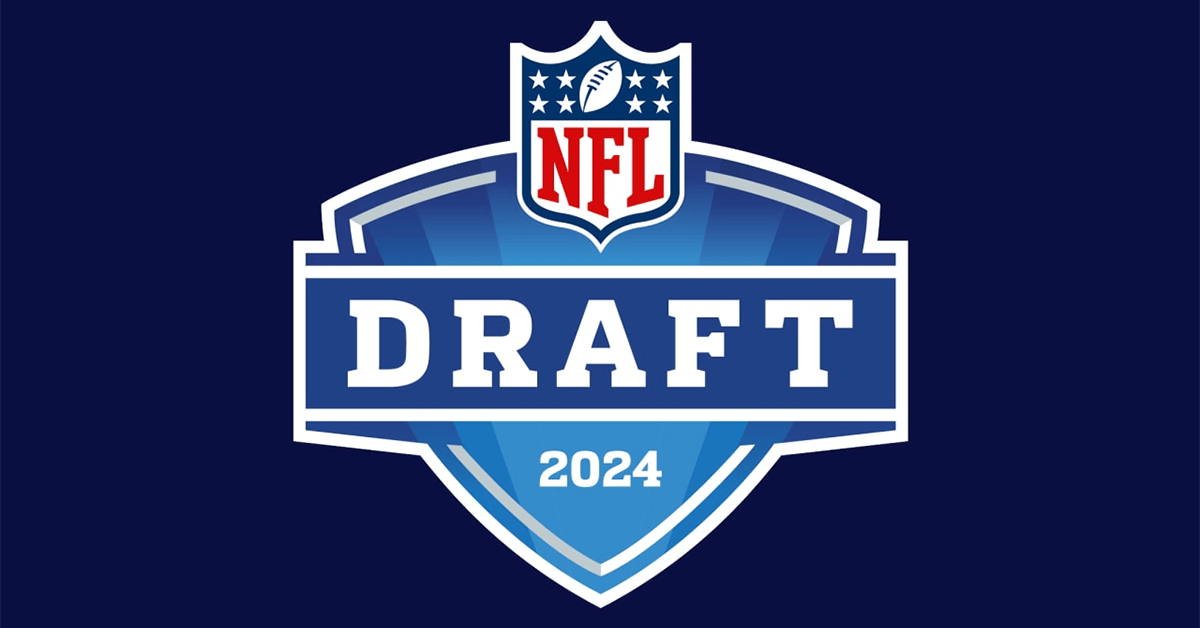
With the NFL draft approaching and many gearing up for a trip to Detroit, there's a budding interest among visitors in exploring the city's cannabis offerings. Since the legalization of recreational cannabis in Michigan, Detroit has seen the emergence of numerous dispensaries throughout its neighborhoods. Although the downtown area, the heart of NFL draft activities, lacks these establishments, the Detroit Free Press has compiled essential information for those keen on discovering what the city has to offer beyond the draft.
Legal Status of Recreational Cannabis in Detroit
Michigan's electorate voted in favor of recreational cannabis in 2018, allowing individuals aged 21 and above to partake legally. The city of Detroit welcomed its first recreational cannabis sales in January 2023, marking a significant milestone in its cannabis industry journey.
Where to Purchase Recreational Cannabis
Detroit boasts 31 recreational cannabis dispensaries scattered across various neighborhoods. While downtown Detroit is devoid of these establishments, a significant concentration can be found along 8 Mile Road and within the Corktown neighborhood, providing accessible options for those willing to explore. The city's official website, DetroitMI.gov, features a detailed map under the Civil Rights, Inclusion & Opportunity Department's "Office of Marijuana Ventures & Entrepreneurship," guiding visitors to the nearest dispensaries.
Dispensary Visits: What to Expect
Upon visiting a dispensary, patrons must present a valid form of identification, such as a driver's license, to confirm they are at least 21 years old. Transactions are cash-only due to federal restrictions on cannabis, though many dispensaries conveniently provide ATMs on-site. Michigan law permits the purchase of up to 2.5 ounces of cannabis flower and no more than 15 grams of concentrate per transaction, with the average price for an ounce of recreational flower around $92, based on February data from the Michigan Cannabis Regulatory Agency.
Consumption Guidelines
Michigan legislation prohibits public cannabis consumption, limiting use to private settings like a personal residence. This presents a challenge for visitors staying in hotels or short-term rentals, where policies on cannabis use should be verified in advance. Furthermore, the NFL maintains a strict no-cannabis policy at its Draft Experience events.
Interstate Travel with Cannabis
Transporting cannabis across state lines remains a federal offense, despite Michigan's dispensaries welcoming out-of-state customers. Purchasers are advised to consume their products within state boundaries to avoid legal complications.
Embracing Cannabis Tourism in Michigan
Cannabis tourism is gaining traction in Michigan, offering an array of experiences for enthusiasts and casual consumers alike. For those visiting Detroit for the NFL draft and interested in the cannabis scene, thorough planning and adherence to local laws ensure a hassle-free and enjoyable experience.
For more detailed insights on navigating the cannabis landscape in Michigan, the Michigan Marijuana Buyers Guide is an invaluable resource. Covering everything from dispensary etiquette to legal consumption practices, it's designed to assist visitors in fully appreciating the cannabis culture in the Great Lake State.
High Demand and Supply Shortages in Michigan's Recreational Cannabis Market
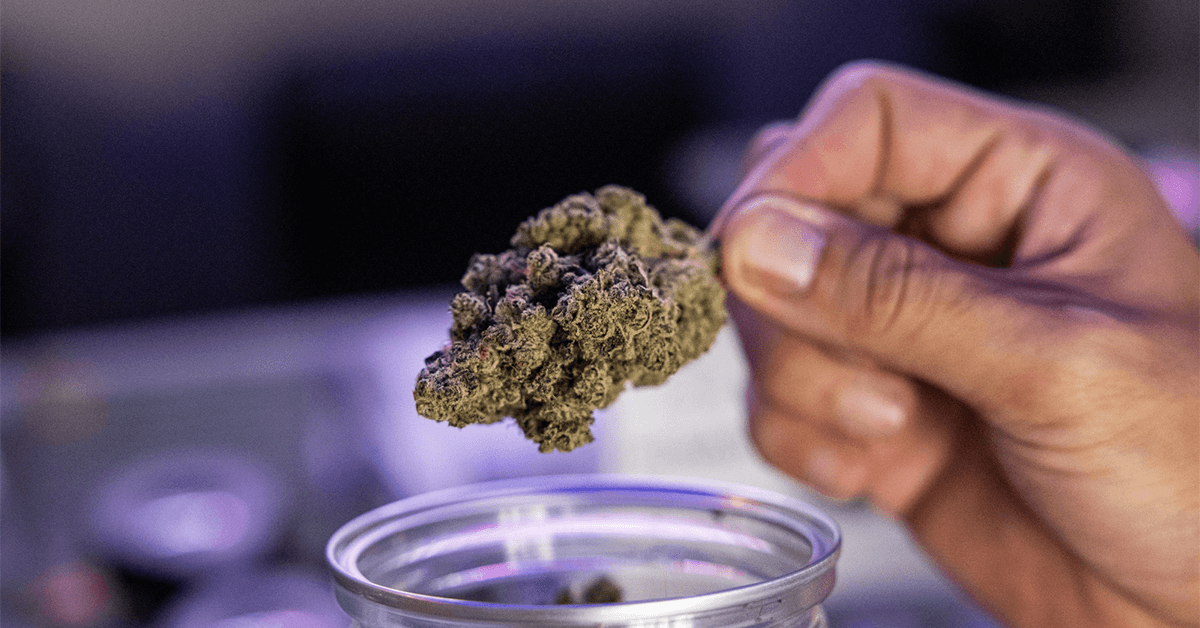
The introduction of recreational cannabis in Michigan has sparked significant interest, leading to an unprecedented surge in consumer demand across the state. Enthusiasts, eager to be part of this new era, braved the cold and formed lengthy queues to secure their purchases in northern Michigan. According to Doug Hellyar, president and COO of Lume Cannabis Company, the excitement was palpable, with over 750 customers visiting in just under two days, resulting in sales surpassing $75,000. The average expenditure per customer was reported at $103, highlighting the enthusiasm and willingness of consumers to engage in this newly legal market.
However, this initial success was quickly met with challenges. Lume's subsidiary, Lit Provisioning Centers located in Evart, found itself depleting its stock within the first two days of opening. This was a common scenario across the state, with many dispensaries, including Greenstone Provisions in Ann Arbor, experiencing similar issues, running out of supply on their first day and facing difficulties in daily restocking.
From the onset of legal sales on December 1st, the majority of licensed dispensaries in Michigan have struggled to meet the soaring consumer demand, often having to turn away customers due to insufficient stock.
The core of the supply challenge can be traced back to the pace at which the regulatory framework has been implemented in Michigan. The state's Cannabis Regulatory Agency has licensed only a limited number of distributors, with just 10 approved so far and merely five having started sales. The situation is further complicated by the licensing of only three processing plants and one cannabis transportation company, which hampers the ability of retail outlets to restock their shelves efficiently.
In an effort to manage the limited supply, dispensaries such as Greenstone and Michigan Supply and Provisions have implemented restrictions on purchases, limiting flower sales to 7 grams per customer. Arbors Wellness has set a cap at one-eighth of an ounce per customer, significantly below the state's legal sales limit of 2.5 ounces of flower. This approach aims to ensure a fairer distribution of the available stock among customers.
Despite these challenges, Exclusive Brands has managed to maintain a steady supply, not imposing any purchase limits on their products. They attribute their success to their vertically integrated operations, owning one of the few processing facilities licensed in the state. This advantage allows them to control a considerable portion of the supply chain, ensuring they can meet the high demand without facing the same shortages as other dispensaries.
This scenario underscores the growing pains of Michigan's recreational cannabis market, highlighting the need for an expanded and more efficient regulatory and supply chain framework to meet consumer demand and support the thriving industry.

 Helpful Links
Helpful Links